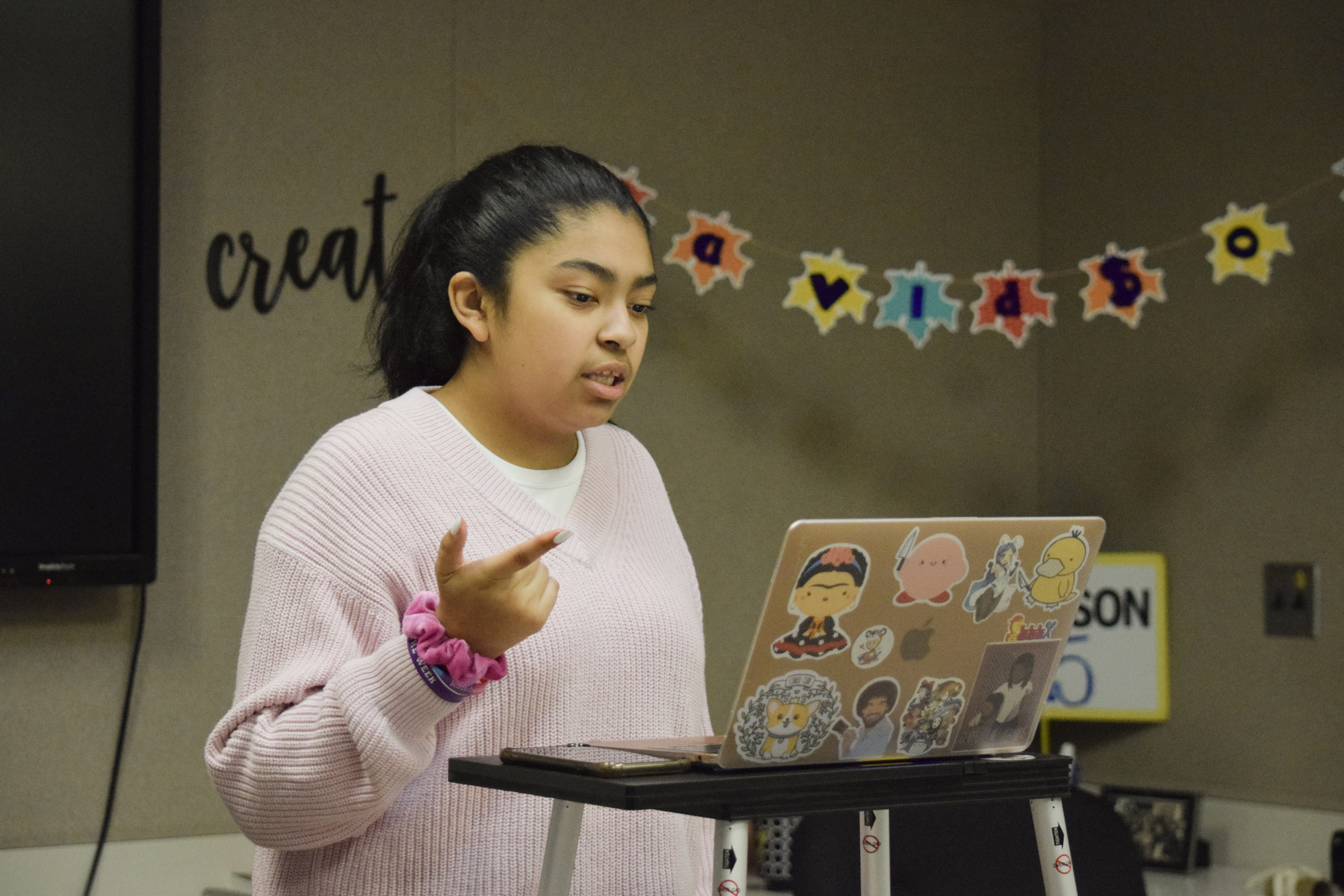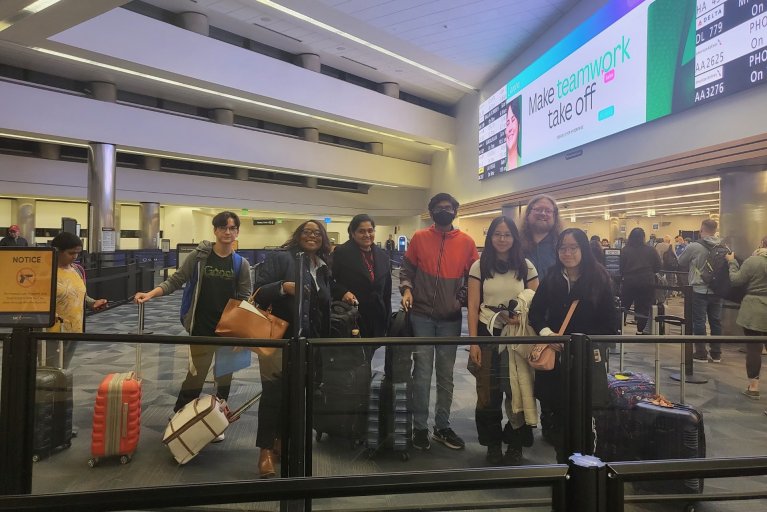Jan 25, 2024 At 02:40 PM EDT
During my experience as a debater, I always saw a lack of women in the debate space. I was constantly the only woman in the debate round where I was continuously told to be quiet, that my tone of voice was "too sassy" and I should let the men speak. I continued to debate, but hearing these words forever impacted my debate experience.
I remember the first time I was ever told that I needed to be less "sassy." I was the only female-passing person in the room; my opponents, the judge and my partner were all male-passing. This was also my junior year of debate, so I had gone a few years without being told anything about my tone of voice in a debate. At the end of the round, a judge is supposed to give you feedback to help you learn and note things that could have gone better in the round.
In cross-examination, it is common for you to interrupt your opponent to be able to make the most out of your three minutes of questions. It is common for men to be praised for their confidence in cross-examination, but for me it was different. While giving feedback, our judge noted that during cross-examination I could have been less "sassy" when interrupting my opponent.
After receiving this note, I started being quieter in debate rounds and letting myself be talked over. When you doubt yourself in debate rounds, you let every word affect you. I was told during practice rounds that I should be more confident during cross-examination, as cross-examination matters the most. Practice rounds were my favorite part of debate because they showed my progress and commitment.
Debating is a craft—you get up on the stand and read your prepared speech, hoping your words are more powerful than your opponents'. One of the purposes of debate is to ensure that everyone gets their voices heard, but as a woman in debate, that is unlikely. We are forced to accommodate outdated standards of women—like dressing up in a certain way to appeal to the judge and letting men speak over you.

The impacts of one another are fundamental to our progress as debaters. Making sure every one of us stays in this activity is what matters most. My two female coaches—Janet Escobedo and Santalucia Hernandez, the latter of whom currently works as the assistant director of programs at Chicago Debates—impacted my life deeply. Although I was constantly being talked down to by male peers in this space, I had the support and guidance of my two female coaches. They helped me improve as a debater and their empowerment helped me flourish into the debater I am now. I wouldn't have made it to a national championship tournament without their support or words of encouragement. I let myself have this space because I deserve it. I aim to create that space for all debaters, especially women debaters.
I came back to my alma mater to ensure that debate continues in my community as an accessible and empowering place. I currently coach at San Jose's Downtown College Prep El Primero, where my team has a majority of female debaters. This team has also grown from just having me and my debate partner to having around 15 students in total.
Debate, although it may have its flaws, is very impactful on students. They learn techniques you wouldn't have learned anywhere else. I became a better speaker and have learned ways to apply my research-based education onto my current college classes. I also applied my skills to advocate for my community during the early stages of the COVID-19 pandemic, when I met with school officials to potentially shut down schools for the safety of our community. These were all skills I learned in debate. If students have the opportunity to participate in debate, I suggest they take it because it was one of the most influential parts of my life.
Addis Arciniega is currently a student at De Anza College in Cupertino, California, where she is majoring in Political Science. Addis coaches at her alma mater, Downtown College Prep, focusing on building a resilient team. She is planning on furthering her college experience by transferring to a four-year college in the upcoming year. Outside of debating, Addis enjoys spending time with family and reading books.








